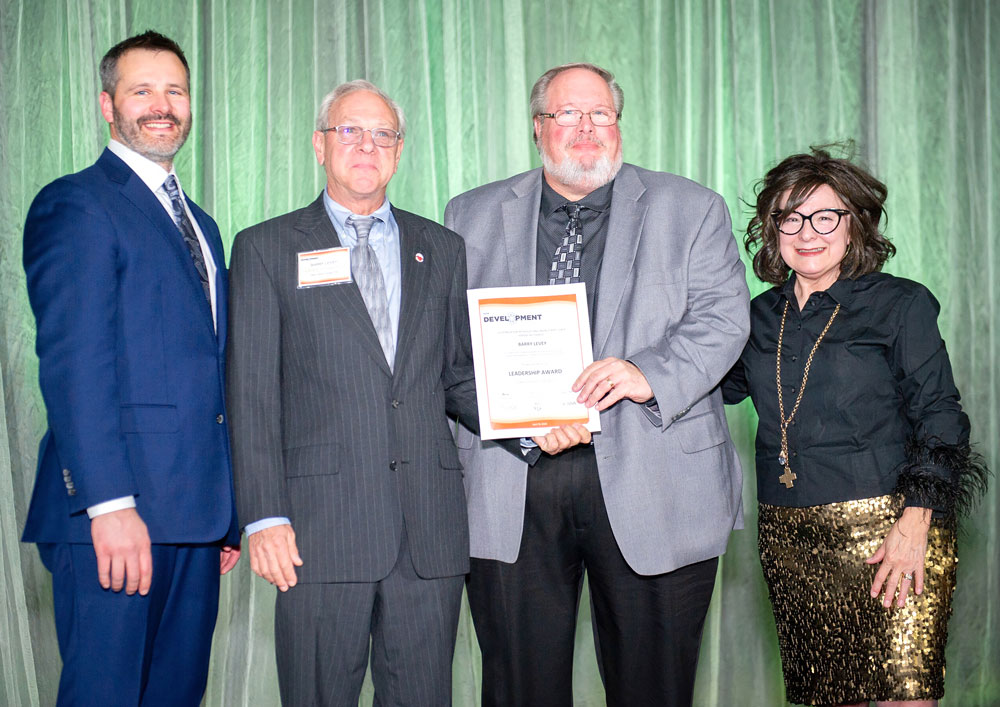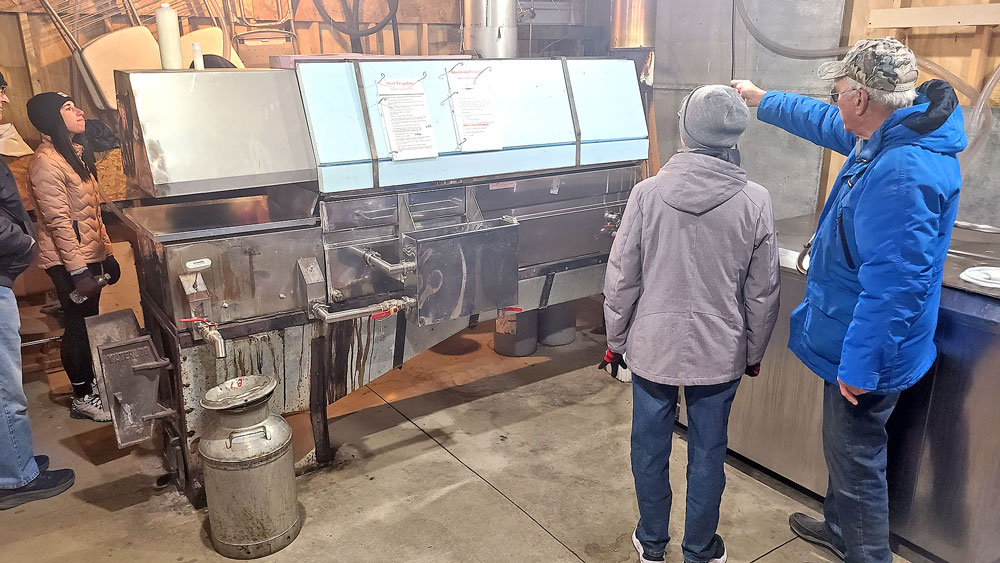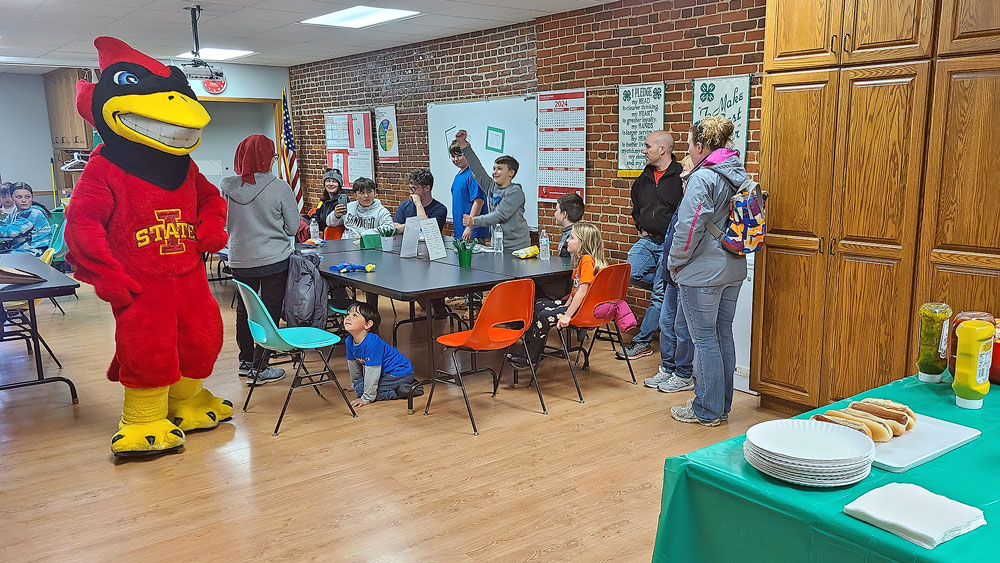Floyd County judge rules jury selection doesn’t underrepresent Hispanics

By Bob Steenson, bsteenson@charlescitypress.com
Jury selection is set to begin today (Wednesday) in a first-degree murder trial after the judge in the case ruled the method used to select potential jurors did not unfairly underrepresent certain groups of people.
Judge Gregg Rosenbladt ruled in Floyd County District Court Tuesday morning that the defense for Armando Adame III had not proved that Hispanics were underrepresented in the potential jury pool, or that the system used to select potential jurors systematically underrepresented that group of people.
Adame, 28, of Waterloo, is charged with first-degree murder and possession of a firearm or offensive weapon as a felon in connection with the 2017 death of Michael Bruce Johns, 28, of Grundy Center.
Johns’ body was located south of Charles City in Floyd County in December 2017, after Johns had been reported missing by his family for about a month.
An autopsy by the Office of the State Medical Examiner confirmed the identity of the body as Johns, and determined the cause of death was a head wound from a shotgun blast.
Adame’s defense team, Matthew Pittenger and Parker Thirnbeck of Mason City, had filed notice that they would challenge the jury pool available for the trial.
Pittenger argued Tuesday that census data showed the population of Floyd County was 3.7% hispanic, yet in jury pools where 519 potential jurors were called, there were only four people who identified as Hispanic, or 0.7%.
The jury selection system also systematically underrepresents hispanics because names for the lists come from lists of registered voters and people with state driver’s licenses or non-operator IDs, and studies have shown that certain minority groups are underrepresented on those lists, Pittenger said.
Pittenger suggested changing the trial location to another county with a higher percentage of Hispanic residents.
Douglas Hammerand, an Iowa assistant attorney general who is helping Floyd County prosecute the case, said the court should only look at eligible jurors.
Census information shows the Floyd County population at 15,905, but when you subtract people who are under the age of 18 and people who aren’t U.S. citizens and therefore are not eligible to serve on a jury, you get a population of 12,115 jury-eligible people, he said.
The total population of Hispanics in the county is 399, according to census information, Hammerand said, but when you subtract people who are not eligible to serve as jurors, you get 156 Hispanic people who are eligible for a jury pool. That represents 1.29% of the population who is eligible to serve on a jury.
Hammerand said of the 88 potential jurors called for the jury pool in this case, one has identified as Hispanic, or 1.14%, which is less than 1 standard deviation and doesn’t meet the Supreme Court guideline for demonstrating underrepresentation.
And, if the court is unsure about possibly differing census numbers, the third part of the Supreme Court test — proving systematic exclusion — also fails, Hammerand said.
The lists of voters and state ID holders does not include race, he said. The names are drawn at random.
“Systematic exclusion by race seems difficult to prove when they don’t even know the race of these jurors,” he said.
Hammerand also said if there was evidence of systemic exclusion, then a change of venue would not solve the problem because all counties use the same method for selecting potential jurors.
“This is where the crime happened. This is where the case is being tried,” he said. “We don’t move cases just because the population of a certain race is at a small number. That is not the purpose of a change of venue.”
After a break, Judge Rosenbladt returned to the courtroom and ruled that the defense team had not met the burden of proof that the jury pool did not fairly represent the community.









Social Share